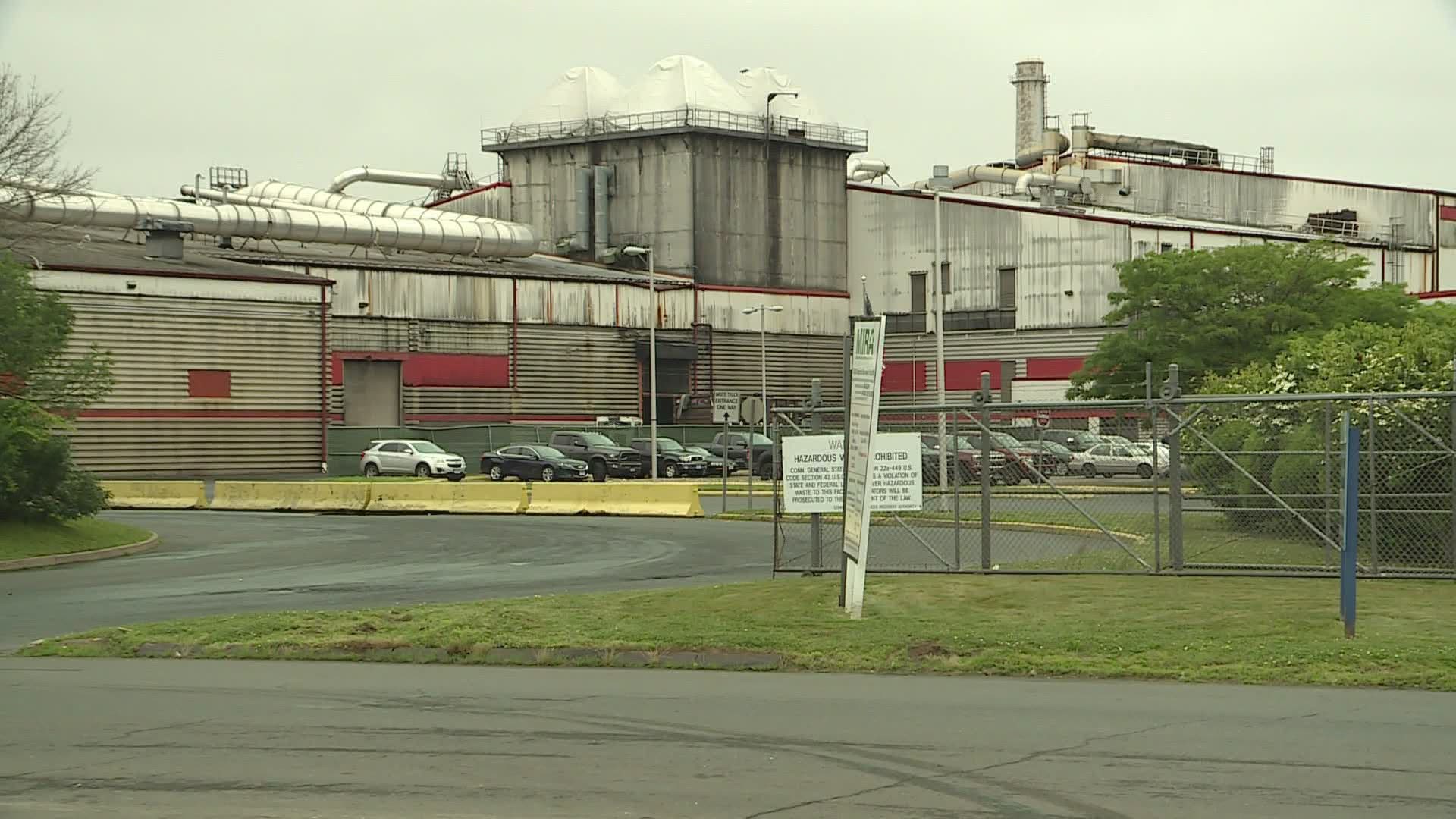HARTFORD, Conn. — DEEP announced Wednesday that the state would be joining 14 others in an initiative to advance and accelerate the market for electric medium- and heavy-duty vehicles.
Connecticut joined 14 other states and the District of Columbia in signing a Memorandum of Understanding (MOU).
Under the MOU, those states will work toward ensuring that 100 percent of all new medium- and heavy-duty vehicle sales be zero-emission vehicles (ZEVs) by 2050, officials said in a release.
The state is also shooting for an interim target of 30 percent ZEV sales by 2030.
The vehicles included include:
- large pickup trucks and vans
- delivery trucks
- box trucks
- school and transit buses
- long-haul delivery trucks (big-rigs)
According to officials, the transportation sector is responsible for approximately 70 percent of smog forming air pollution and 38 percent of greenhouse gas (GHG) emissions in the state.
“Now is the time to act regionally to protect the health of our residents and our climate by reducing emissions from medium- and heavy-duty trucks,” the governor said in a release. “In Connecticut, as in other states, our most vulnerable residents are hit hardest by the health effects of air pollution, including asthma and other respiratory ailments. I am looking forward to working with our partners through this agreement to leverage private sector ingenuity with smart public policy to transition to zero-emission vehicles.”
Connecticut's major trucking routes, ports and other trucking hubs are located near many low income communities.
Officials say that cities such as New Haven and Hartford rank in the top 20 of the 100 largest U.S. cities where it is most challenging to live with asthma, according to officials.
In response to air pollution, the state has put in place aggressive mandates including:
- An ongoing need to reduce ozone (smog) precursor emissions such as nitrogen oxides to meet federal health-based air quality standards;
- State mandated GHG reduction targets including:
- 45% below 2001 levels by 2030,
- 80% below 2001 levels by 2050; and
- A goal to establish a carbon-free electric grid by 2040.
“Today’s action is an important step towards meeting our commitments to reduce air pollution and greenhouse gas emissions in Connecticut, which are critical to protecting our future,” DEEP Commissioner Katie Dykes said. “By working together with fourteen other states and Washington DC, we are sending a signal that will drive investment in cleaner, cheaper transportation solutions that will improve both our economy and our environment as we work together for clean air, clean energy and clean transportation."
Other states and jurisdictions joining Connecticut in the MOU include: California, Colorado, Hawaii, Maine, Maryland, Massachusetts, New Jersey, New York, North Carolina, Oregon, Pennsylvania, Rhode Island, Vermont and Washington and the District of Columbia.
The MOU can be accessed by clicking here.

